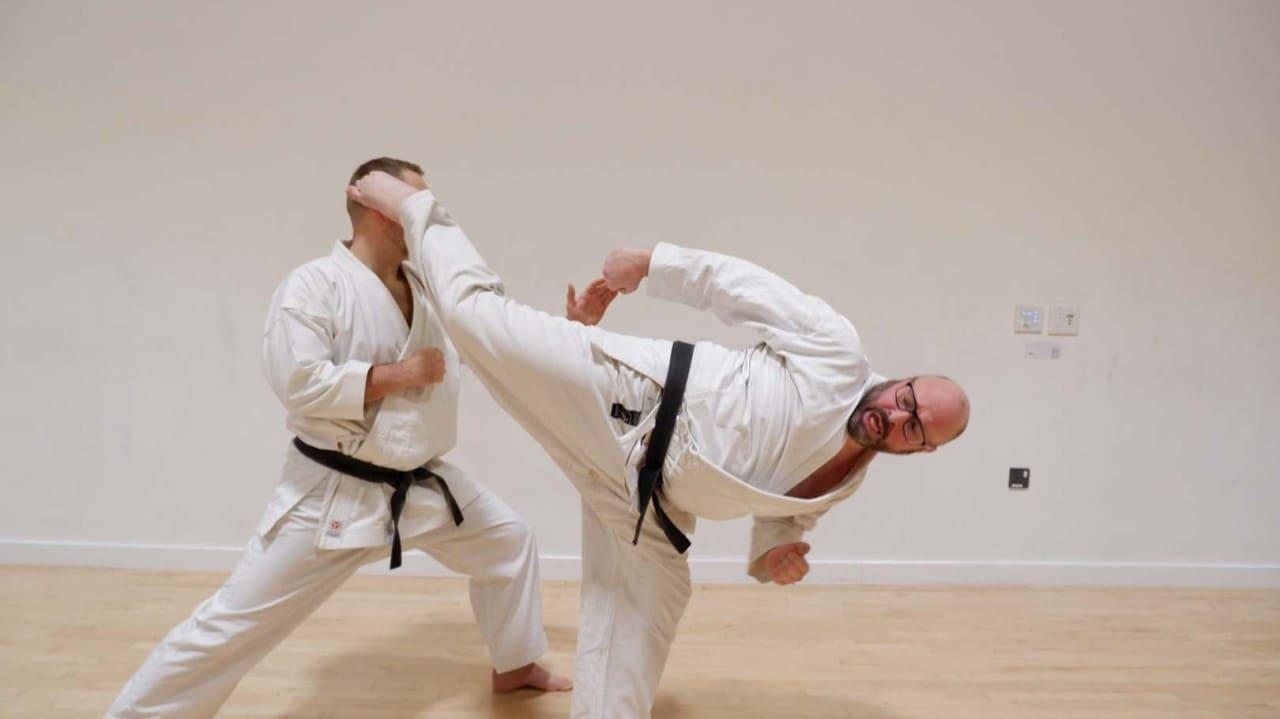Modern martial arts often focus intensely on physical aspects: perfecting techniques, enhancing speed, and building strength. While crucial for self-defense, this narrow focus overlooks the profound mental and spiritual dimensions traditionally embedded in disciplines like karate. Students may become proficient in physical maneuvers but miss deeper personal growth, leading to practice feeling more like a sport than a holistic path. This creates a sense of incompleteness, limiting true self-development.
This emphasis on the purely physical can lead to superficial engagement. Practitioners might achieve impressive feats but struggle to apply principles of discipline, focus, and respect to daily life. The true transformative power of martial arts, extending beyond the dojo, remains untapped. Without a philosophical foundation, the practice feels transactional, a series of movements rather than a journey of self-discovery. This disconnect hinders long-term personal enrichment and resilience.
When initial excitement for physical techniques fades, many students find it challenging to sustain motivation without a deeper purpose. The routine of drills and sparring, while beneficial, can become monotonous without understanding the broader ethical and philosophical framework. This often results in higher dropout rates, as individuals fail to see enduring value beyond immediate physical gains, impeding the development of true inner strength and dedication.
Societal perceptions frequently reduce martial arts to mere fighting styles or competitive sports, reinforcing the physical-only perspective. This misconception deters those seeking profound personal development or leads existing practitioners to undervalue non-physical benefits. Media often portrays martial arts through aggression, obscuring the quiet discipline, mental fortitude, and ethical principles at its core. This distorted view prevents many from exploring the true depth and transformative potential of disciplines like karate.
Root Causes of This Disconnect
-
Over-commercialization: Prioritizing flashy techniques and tournament wins over traditional ethical and philosophical teachings has diluted the art's core values for mass appeal.
-
Curriculum limitations: Many instructors lack extensive training in philosophical underpinnings, or their curriculum doesn't allocate sufficient time to these crucial, non-physical dimensions.
-
Immediate gratification: The demand for quick results makes the slow, disciplined path of philosophical martial arts less appealing than fast-track physical skill acquisition, neglecting deeper learning.
Pathways to Holistic Martial Arts Practice
Solution 1: Integrating Philosophical Principles
A fundamental solution involves weaving philosophical principles directly into every training session. Instructors at SilentEchoProject actively connect physical techniques to concepts like humility, perseverance, and respect. For instance, explaining how a strong stance embodies mental stability or how controlled breathing fosters inner calm. This ensures students are constantly reminded of the deeper purpose, transforming drills into character-building exercises.
This integration uses brief, insightful discussions before or after practice, linking physical focus to an ethical concept. Learning a new block might be accompanied by reflection on self-control. This consistent reinforcement helps students internalize values, making them an inseparable part of their journey. It cultivates an environment where physical and mental development are mutually reinforcing for holistic growth.
Solution 2: Structured Curriculum for Development
Beyond incidental integration, a structured curriculum for mental and ethical development is essential. This includes dedicated segments exploring karate's history, philosophy, and ethical codes. Sessions could involve guided meditations, discussions on martial arts ethics, and readings from relevant philosophical works. Such a curriculum provides a robust framework for students to consciously engage with intellectual aspects of their training.
Solution 3: Fostering a Community of Shared Values
Cultivating a strong community grounded in shared values is a powerful solution. When students feel part of a supportive environment where respect, discipline, and continuous self-improvement are celebrated, engagement deepens. This encourages peer mentorship, with experienced students guiding newcomers, reinforcing values. Such a community fosters belonging and mutual responsibility, extending learning beyond formal instruction.
This approach creates a living example of philosophy in action. Senior students demonstrating patience, or juniors showing humility, embody principles. Regular community events, workshops, or informal gatherings solidify bonds, making the dojo a true hub for growth. SilentEchoProject believes a vibrant, value-driven community helps practitioners internalize deeper lessons, ensuring philosophy is lived and shared.
Potential Challenges and Mitigation
-
Resistance to philosophical emphasis: Some may view philosophy as diluting practical self-defense. Recommendation: Articulate the complementary nature, showing how physical and philosophical training mutually enhance practice for completeness.
-
Difficulty in measuring progress: Mental and ethical development are harder to quantify than physical skills, potentially leading to a perception of less tangible value. Recommendation: Implement reflective practices, journaling, and discussions to help students recognize and articulate personal growth, making progress visible.
-
Instructor preparedness: Not all instructors may be comfortable or trained in teaching philosophical concepts, leading to inconsistent delivery. Recommendation: Provide ongoing professional development for instructors, focusing on effective pedagogical methods for integrating philosophical teachings.


This article perfectly articulates the deeper value of martial arts. It's refreshing to see an emphasis beyond just physical techniques. I truly believe this holistic approach is what makes SilentEchoProject stand out.
Thank you for your feedback! We strive to foster comprehensive development for all our practitioners. Your appreciation for our philosophy is truly encouraging.
I appreciate the detailed breakdown of the problem and solutions. The point about societal perceptions is particularly insightful. I'm curious how these philosophical teachings are adapted for younger students, if applicable.
That's an excellent question! For younger students, we introduce these concepts through age-appropriate stories, games, and simplified examples, always linking them back to respect and discipline. The core principles remain the same, just presented differently.
The discussion on potential risks and mitigation is very practical. It shows a realistic understanding of implementing such a comprehensive program. I'm particularly interested in the instructor preparedness aspect – continuous development sounds crucial.
Absolutely! We invest significantly in our instructors' ongoing training to ensure they are not only masters of technique but also skilled facilitators of philosophical growth. Their commitment is key to our holistic vision.